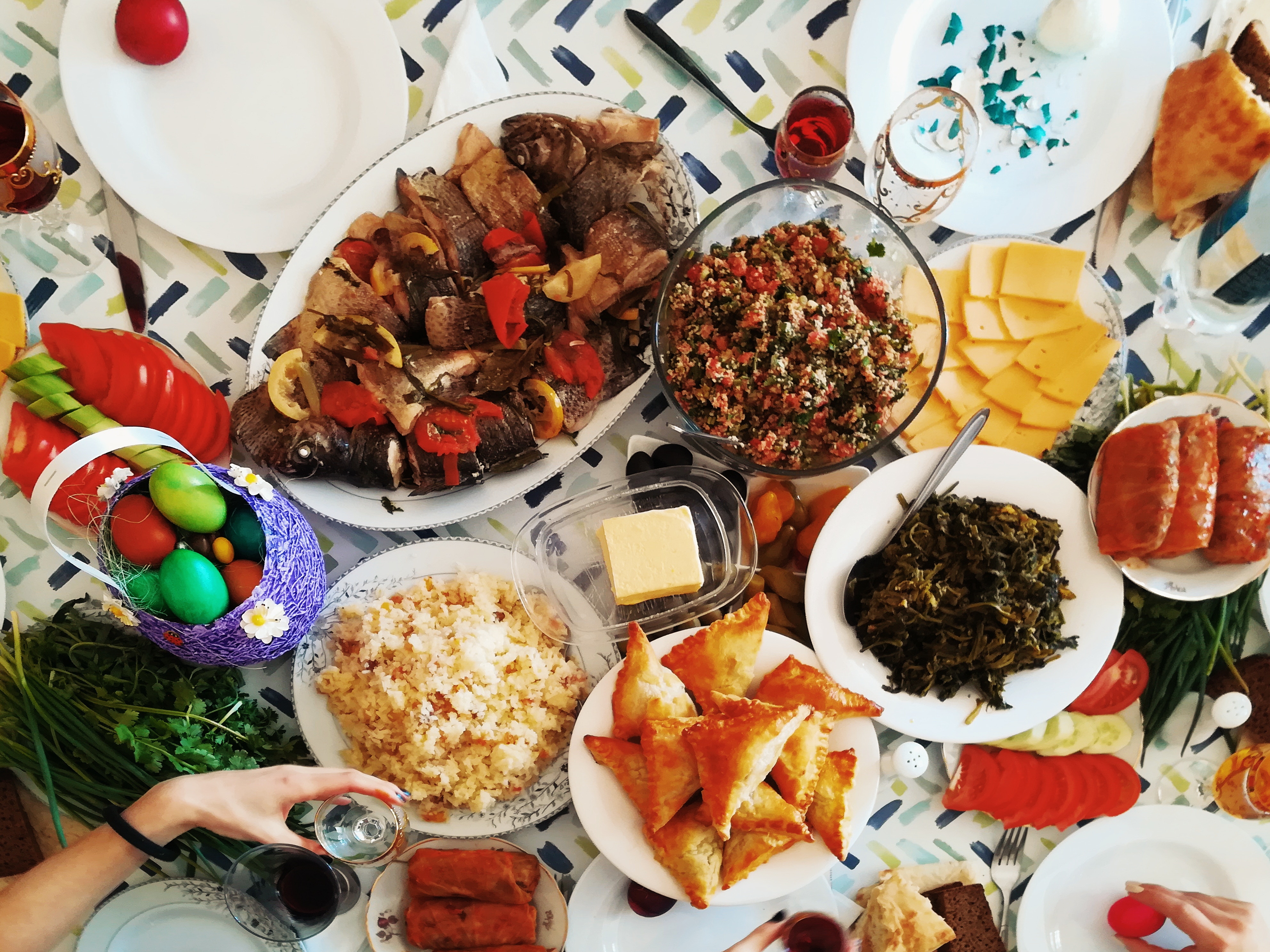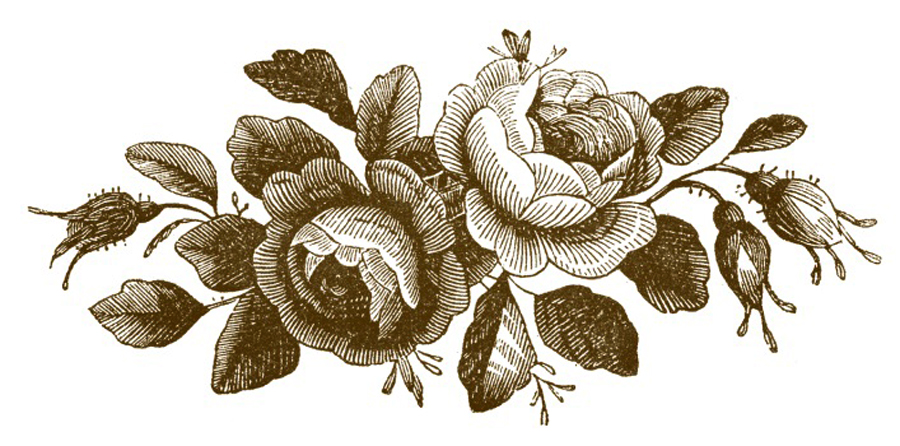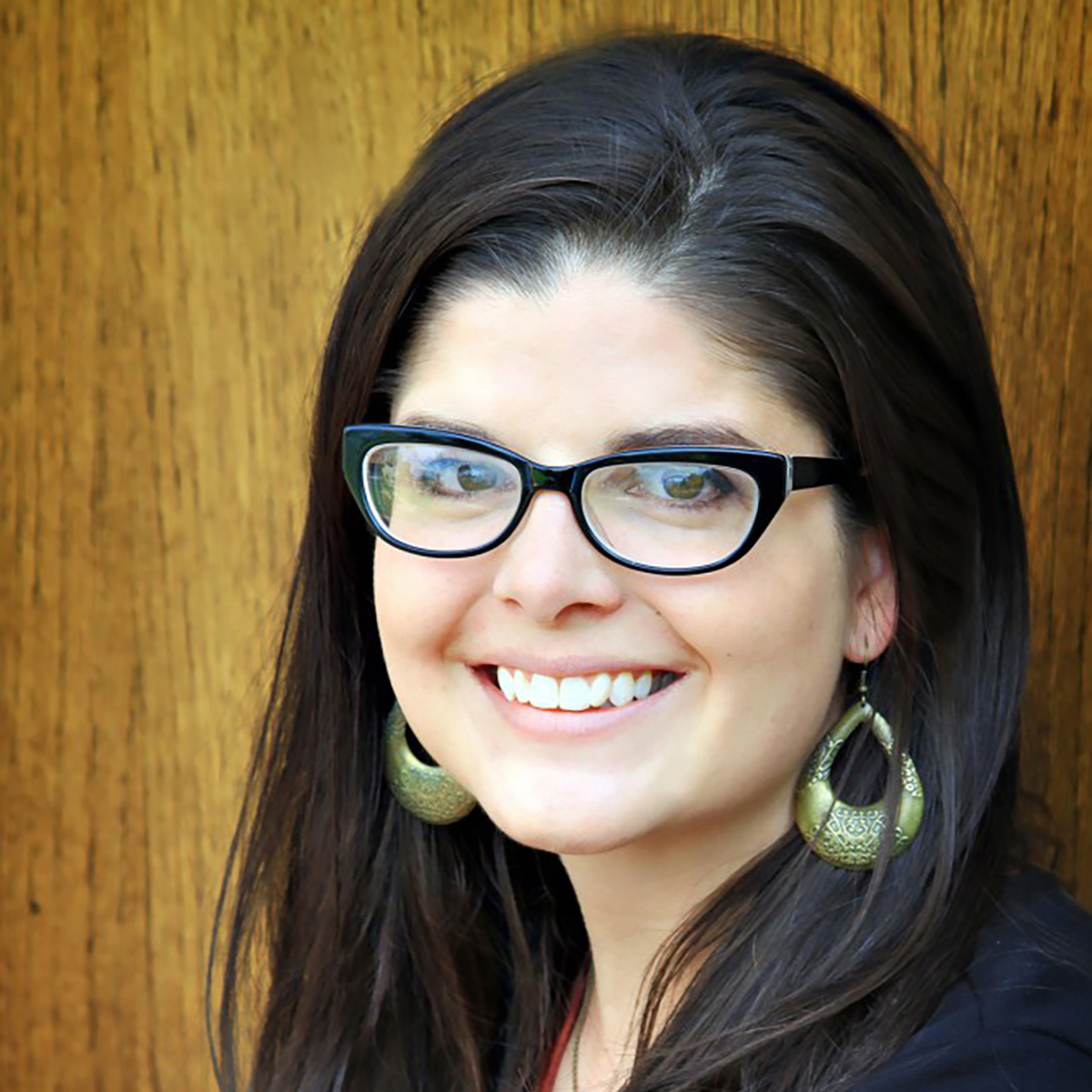You would never know that I come from a family of gardeners. My husband often teases me about my inability to keep even cacti alive, which is ironic because gardening really should be in my DNA. As far back as we can trace our lineage, the men and women on my father’s side were farmers. It’s what our ancestors did to survive in Devonshire, England, and it was a lifestyle they carried over to northern Michigan, where my parents still own the original “farm” (no longer a working farm) first settled in the late 1800s. Some of my earliest memories of summer are of riding with my grandfather on his tractor or getting up early to help him pick “potato bugs” off of the plants in his garden. Although my own family moved around a lot because my father was in the military, my dad almost always planted a vegetable garden wherever we lived — roots that tied us back to the larger roots of our family tree, no matter where we journeyed. My sisters and I would often look out the window and see my dad just sitting on a lawn chair in the middle of his tomato plants; a silent sanctuary in a house where he was vastly outnumbered as the solitary male among four females!
As with a garden that must be cultivated in order for it to flourish, our spirits also journey with the rhythms of the seasons. And if spring is the season of awakening and resurrection, then summer is the time when we celebrate this hope, live into our callings as children of God, and look forward to the fruits of our labor in the coming harvest. I’ve lived in many places, both in the United States and abroad, but I don’t think I’ve ever experienced such a vivid display of the changing seasons as I have in rural Michigan. For those of us who order our lives according to the Church Calendar, summer is considered “Ordinary Time,” a period between Pentecost and Lent where Christians across the globe reflect on the life of Christ, rather than the extraordinary mysteries of His incarnation, crucifixion, and resurrection. Of course the life of Christ was never ordinary, and neither were the childhood summers I spent in Michigan. Sarah Arthur, in the introduction to her delightful devotional, At the Still Point: A Literary Guide to Ordinary Time, captures this verdant season and sense of place beautifully:
“As a young child growing up in Michigan’s northern lake country, I experienced summer as nothing short of miraculous, a kind of extended, intoxicating dream. After eight months of snow and ice and a muddy spring, school was finally out, strawberries were in, each body of water called for a sail or a swim. Sediments of sand piled up in the car and tub as we trekked daily from trail to dune, dune to shore, milking the warm sunlight while it lasted. Twilight was a world unto itself. We played outside till mosquitoes drove us indoors; and then we were sent to bed while it was still light enough to read, illegally, tilting the pages toward the fading light of the western windows till words ran together in the dark.”
Sarah’s reflection describes the magical summers of my own youth, but during the nomadic season of young adulthood, I often forgot about this Midwestern abundance, focusing instead on the greener pastures that surely existed everywhere (and anywhere!) else. My soul was on a similar journey, trying out just about every expression of the Christian faith until I ultimately returned “home” to Rome. These journeys all converged one summer when I was a Residential Fellow at the Russell Kirk Center for Cultural Renewal in the small village of Mecosta, Michigan. There I was invited to a festival.
To a feast.
Andrea Kirk Assaf, a dear friend and fellow Michigander, is the visionary dreamer behind the Kirkos Caravan, a “School of the Family” project that seeks to celebrate the life of faith through “Culture, Creativity, and Cuisine.” Every year, Andrea–along with her husband and four children–hosts “Four Feasts”, around the time of each solstice and equinox, in order to “to understand and celebrate the Earth’s relationship to the Sun, and our human relationship to the Son.” I’ve had the privilege of attending several summer feasts on the Assaf farm, a place where the old magic of summer comes alive once more. Through theatrical performances and storytelling around the campfire, not to mention an array of delicious food inspired by the regions that have shaped the Assaf family culture (Lebanon, Italy, Scotland, and Michigan, primarily), guests are reminded of what it means to truly live the season of summer. For the summer solstice is a time that “heralds the beginning of the shortening of days in the next half year toward the birth of Christ, the Light-Bearer, recalling the words of John the Baptist: He must increase, but I must decrease (John 3:30).” It is a time when “the earth is in full, glorious bloom and at the closest point to the sun of the year- a celebration of life at its fullest.” It is also a time when we might reflect on our vocations as Missionaries for Christ — workers “in the vineyard of the Lord,” invited to fulfill our potential by living out the truth of the Gospel in whatever fields we find ourselves laboring in.
But perhaps most of all, summer is a time for feasting. It is a time for renewal, a time for a partial (though incomplete) “healing of that old ache,” which Amy Lee describes so elegantly in her essay of the same name: “And if the healing can be likened to a feast, it will be the kind where those who break bread together linger over conversation and food and drink. For though the old ache will ebb away like a wound, our appetite for Joy will remain.”
A joy and an ache. That may just be the perfect way to describe the taste of summer, a taste so many of us remember with both fondness and longing. As adults the flavors aren’t always as striking, but when we take time to feast with friends who are also laboring for the Kingdom, it becomes easier to see this time as anything but ordinary.
Goat Cheese & Honey
This easy appetizer incorporates two ingredients produced at Assaf Acres: goat cheese and honey! It’s the perfect blend of savory and sweet.
Ingredients
1 package of goat cheese
Several liberal spoonfuls of honey (the richer and darker the better!)
Rice crackers (e.g. Blue Diamond Nut-Thins)
Instructions
Generously drizzle honey over goat cheese. Garnish with fresh berries and/or raw nuts. Serve as a spread with crackers.
Grandma’s Raspberry Rhubarb Crumble
As a child, I loved gathering tart raspberries and sour stalks of rhubarb from my grandparents’ garden. Combine the two for a simple and delicious summer dessert!
Serves 6
Ingredients
4 1/2 cups raspberries & chopped rhubarb mixed
2-3 Tbsp cane sugar (or another sweetener, such as maple syrup or honey)
1 cup rolled oats
1/2 cup almond meal, ground from raw almonds
1/2 cup raw pecans, chopped
1/4 cup packed light brown sugar
Pinch of salt
4 Tbsp butter, sliced
Instructions
1. Preheat oven to 350 degrees F and butter an 8×8 baking dish.
2. Add fruit to the dish and toss with sugar/sweetener.
3. Add crisp ingredients to a mixing bowl. Cut in butter slices with a fork. Spread crumble mixture over fruit.
4. Bake for 45-55 minutes or until the fruit is bubbling and the top is crisp and golden.
5. Serve with vanilla ice cream or whipped cream.
Resources for Summer Cultivating:
Here are two resources that I mention in Let Us Feast:
At the Still Point by Sarah Arthur
I also recommend this gorgeous cookbook with recipes taken from the Camino de Santiago Pilgrimage route:
I’d also recommend the music of Over the Rhine (e.g. Meet Me at the Edge of the World, Drunkard’s Prayer, or The Long Surrender…for some reason I associate their music with summer).
Ashlee Cowles is the author of Beneath Wandering Stars and Below Northern Lights. She writes about motherhood as creative magic at The Most Creative Thing.
Leave a Reply
A Field Guide to Cultivating ~ Essentials to Cultivating a Whole Life, Rooted in Christ, and Flourishing in Fellowship
Enjoy our gift to you as our Welcome to Cultivating! Discover the purpose of The Cultivating Project, and how you might find a "What, you too?" experience here with this fellowship of makers!



This was a beautiful read, Ashlee. Thank you for the kind mention, and for this feast of inspiration for ordinary time! I’m looking forward to exploring these links and recipes.